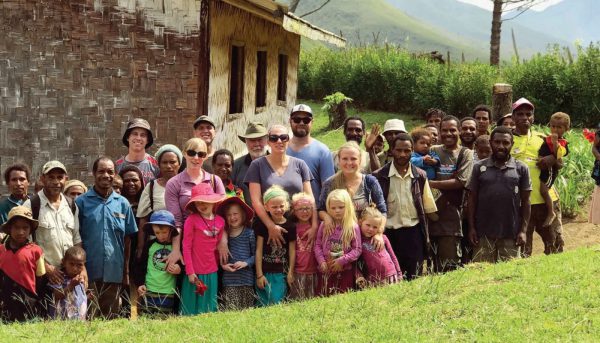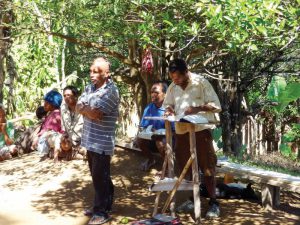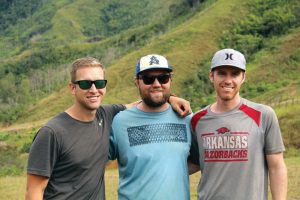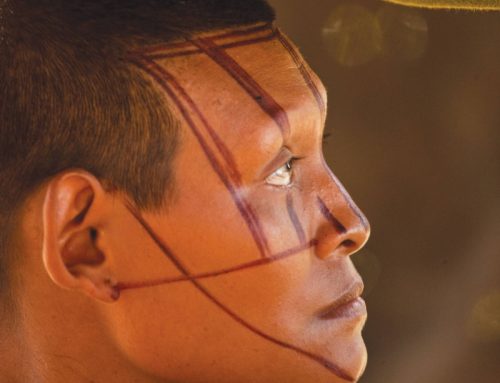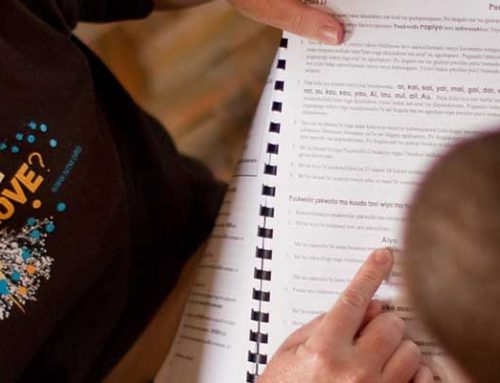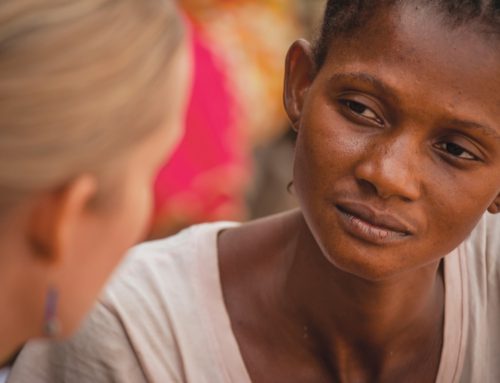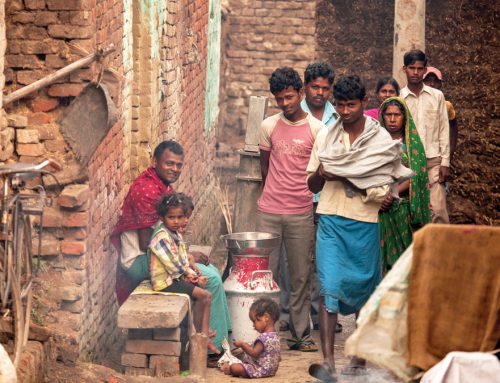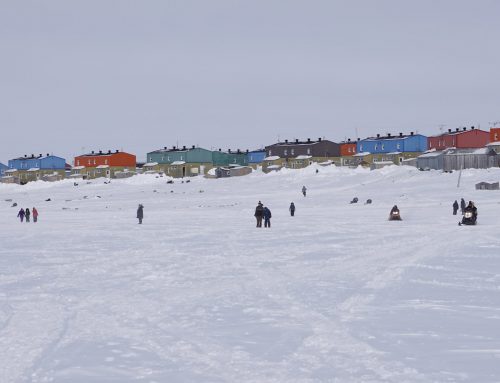From an interview with Mike Henderson and notes from the Wantakia team
The Backstory
The year was 1963. George Kestler and BJ Upton began to work among the Wantakia people group in the highlands of Papua New Guinea with hopes of learning their language, planting a church and translating the Bible. The Wantakia language is one of the most complex languages in PNG. Over the years, two teams of church planters endeavored to learn the language, but due to many factors, language study was never completed. The Wantakia remained without the gospel, but they were not forgotten.
Several other language groups border the Wantakia people. In 1975, Mike and Diane Henderson began working with one of these language groups: the Aziana. They witnessed the birth of the church, its growth and, through discipleship and subsequent outreaches, saw the gospel spread throughout the entire Aziana language group. The Aziana, however, were not only concerned for their own people; they were burdened for their neighbors, the Wantakia.
In 2006, the Aziana church sent believers to reach the Wantakia, knowing that they could never learn the Wantakia language but hoping to be able to teach in Melanesian Pidgin, the trade language of Papua New Guinea. Sadly, when the Aziana church planters arrived in Wantakia, a village dispute broke out. The Wantakia sent the church planters back home and told them they would invite them back after the dispute
was settled.
When that invitation never came, disappointment settled over the Aziana. They desperately wanted the gospel to reach their neighbours. One of the Aziana elders wrote a letter to the mission’s leadership, encouraging them to reopen the work among the Wantakia. That elder was Jos, and he continued lobbying to see that people group reached.
The Jump Start
There was a couple from the Wantakia people group who worked at a nearby mission centre. Through the ministry of Lynne White (a missionary with Ethnos), a Wantakia lady accepted the Lord, opening her eyes to why Ethnos (then NTM) had sent missionaries to the Wantakias in the past. With her concern for her people, she began asking new missionaries who came through for orientation to consider the Wantakia. When the candidates declined due to the language difficulty, this new believer took them to task, even going to the field leaders to “help them see the truth about the language.” She confidently stated, “You shouldn’t say that about our language. Since God is the One Who made the languages so confusing, He can also straighten them out!” As a result of her persistence, the leadership put the Wantakia people back on the official list of people groups who needed a missionary team.
Going to the Edge with the Aziana Church
The Aziana church grew in maturity to the point where the believers no longer needed the missionaries. They had appointed their own elders, teachers and deacons. Even though the Hendersons had relocated to America at this point, Mike continued to go back from time to time in order to encourage the believers and to translate additional portions of Scripture. Step forward into 2014. Mike was back with the Azianas to continue the Bible translation work. While he was there, he received a call from some new missionaries who wanted to visit the Aziana church and to invite some Aziana believers to guide them on a survey to the Wantakia people.
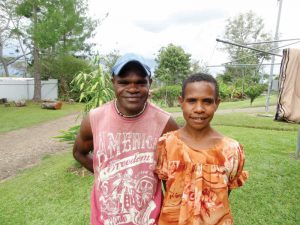
Pangwa and Kamaru from Wantakia language group
The response from the Azianas? They were ecstatic! “They need the gospel in their own language,” was voiced by the Aziana believers. Jos and a few other believers agreed to help these new missionaries survey the Wantakia people. The Aziana church committed to help the missionaries in any way they could, so the Wantakia could be reached. There were even some Wantakia in the Aziana village who were excited about the prospect of having the gospel shared in their language in their own villages.
The Purposeful Partnership
After three successful surveys, the missionaries decided on a location for the team to build their homes and begin culture and language acquisition. Many Azianas made the 12-hour hike to Wantakia, so they could help the new missionaries slab lumber for their homes. They modeled hard work and stressed the importance of the message these missionaries were bringing. “While we were levelling the ground for our houses, the Wantakia men were admiring how hard the Aziana men were working. At that moment, Jos put down his shovel and told them that before he heard God’s Word, he thought work was only for women. But now, after hearing the way God started His story, he realized that God made man to work. The Wantakia men were speechless. This was something different than they had ever heard before,” said Jeremy Hambrice.
In 2015 the Sanders, Hambrice, and Crabtree families moved into a Wantakia village. The Aziana church has continued to help the team. “We frequently call the Aziana elders and ask their advice on how to handle certain aspects of the Wantakia culture. The Aziana culture used to be very similar to the Wantakia, before God’s Word changed many aspects of it, so they are able to give us some incredible insight,” said Jack Crabtree.
The Aziana church supports and encourages the team whenever and however they can. “One time, an elder named Jason carried a huge bag of oranges to Wantakia just to encourage
us,” said Jack Crabtree. “This guy is a spiritual giant, and as he sat in my kitchen, he told us, ‘You missionaries are working hard out here, but make sure you’re working for the Lord. If you are doing this work for any other reason, it will all burn up just like our grass roofs.’ That’s the kind of gut-level honesty we need out here!”
And they aren’t finished with the team yet. “The Azianas are still faithfully running their literacy program, so when we get ready to launch the Wantakia literacy program, we’ll definitely be asking for their advice,” said Jack Crabtree.
In 2016 the three missionaries were asked to be the key speakers at the Aziana Christian Conference in order to meet with and encourage all the Aziana believers. “It was so humbling to stand before these godly men and women who have experienced so much testing and suffering. Although we were there in order to be a blessing to them, as I sat around the fires listening to their testimonies, we were the ones who were being blessed instead,” said BJ Sanders.

